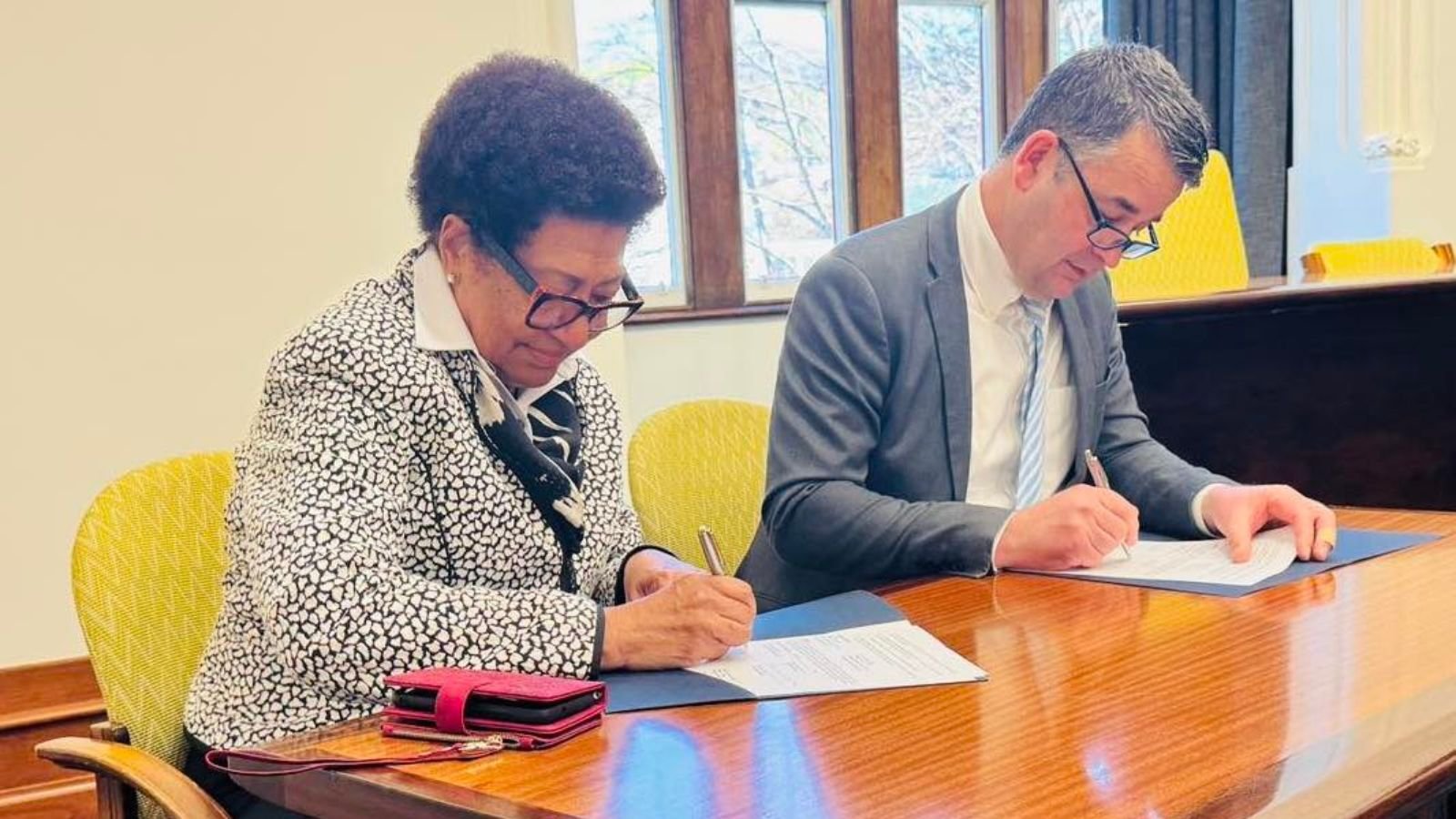Public Interest Journalism funded through NZ On Air
When Evo Letoa-Tupou saw her NZ-born children were at risk of not speaking Samoan, and aware of how quickly languages are lost for Pacific diaspora people, she decided to do something about it.
That something is Pacific Kids Learning, a social enterprise which creates online Pacific language resources, most notably in the form of song animations, which have been viewed hundreds of thousands times on Youtube.
The idea came to her, Evo says, after her first child was born.
“When you’re trying to do stuff around the house, you plonk your child down and flick on YouTube. And I thought it would be nice to have some Samoan stuff on there,” she says.
Two years later when her second child was born, she noted there was still no Pacific language content.
“I found my kids, learning English so fast through phonic songs, even watching Dora the Explorer.”
It was 2014, and Evo realised her children had a limited time in the critical pre-school learning phase when children learn and absorb languages through cultural immersion. That was the way she had learned Samoan and it was the main language spoken at home, which she credits to her grandfather.
“He had a huge belief in himself. He brought the culture with him and believed that you can speak English at school but when you come home, speak Samoan,” Evo says.
“Now, seeing the harsh reality of our languages slowly fading within the diaspora of the Pacific communities, it’s sad.”
The 2018 New Zealand census shows 50% of Samoans in Aotearoa speak the language, but only 20% of Samoans under 15 do. Similar language attrition rates are recorded across all Pacific languages.
Language immersion at home, says Evo, who is now a mother of five, is not as achievable these days.
Her husband, who speaks fluent Tongan, has the same issue. She says, “as busy parents, our kids are engaged in digital formats like PlayStation, online learning, especially in the last few years and with COVID.”
The problem is, she says, “there’s not enough content to drive that forward.
“I thought – something needs to be done.”
The solution she came to, of online learning through song and story animation, drew on her background as an ESOL teacher in Korea and her skills as a freelance designer.
“I’m grateful for my background in design and understanding how animation and production works.”
Working with contractors, and self-funding, Evo went to work.
“Using my own spare time, I produced about four songs in a space of six months.”
The animations, which included Samoan and Tongan alphabet songs, garnered an immediate audience.
“The engagement was huge,” says Evo.
“A lot of people hadn’t seen anything like it.”
The songs and the response to them provided a platform for Evo to approach the Ministry of Education about funding.
“There’s not enough digital language resources. That’s problem number one. Problem number two, how do you fit that into the Ministry of Education support network in terms of, not only Pacific languages, but plug it into the literacy,” she says.
“That’s how the Pacific Digital Stories came about.”
Pacific Digital Stories works with South Auckland schools, workshopping students’ stories into stop-motion animations. The stories are then published online as Pacific language and English literacy resources.
An added benefit of the project is that the students learn about the digital production process Evo says.
“Kids participate in the whole production process of it, from beginning to end.”
A showcase at the Mangere Arts Centre for the first fifteen stories, was held between lockdowns last year.
“It was a cinematic experience’ she says.
“We only had the capacity for 230, initially. We managed to push it to 250.”
As well as showing the students’ stories, it showed a pathway into digital creative careers. For Evo, who had trouble finding pacific people working as digital creatives, this is a critical outcome of Pacific Kids Learning.
“It was amazing that we were able to engage with the parents. We really wanted to convince them that the creative abilities of our children are really needed in the space that we’re working in.”
Currently, Pacific Kids Learning is working on a second, larger scale production of Pacific Digital Stories, including more Pacific languages, and plans to release an updated website of resources mid-year.
“It’s really exciting.” Evo laughs.
“Really, really exciting.”












